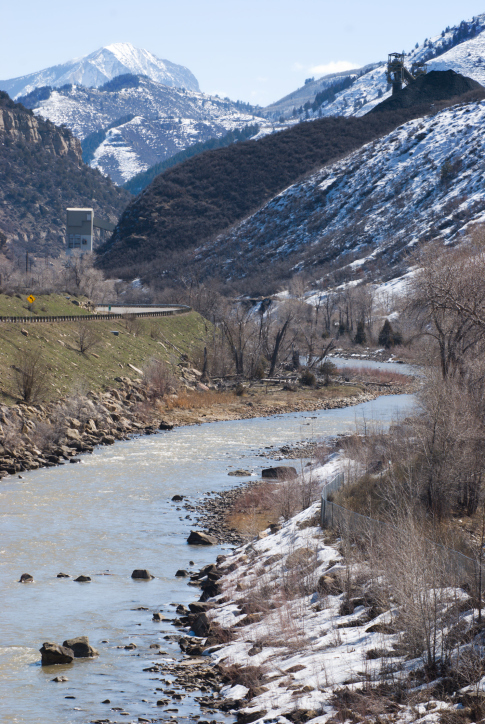The U.S. House of Representatives passed the Supporting Transparent Regulatory and Environmental Actions in Mining Act (STREAM) on January 12, 2016. If it becomes law, STREAM would block a new Obama administration stream protection rule (SPR) that requires a buffer zone of 100 feet between coal mines and streams.
Critics of the new SPR, such as David Williams, president of the Taxpayers Protection Alliance, say the regulation is intended to further limit coal production by increasing mining costs in states such as Kentucky, Ohio, Pennsylvania, and West Virginia.
“It has been seven years since President [Barack] Obama [first] took office, and one area where he has been consistent is his penchant for regulatory expansion, particularly when it comes to energy and the environment,” Williams said. “The coal industry has been the main target of those regulations, and the damage is clear: Industry production is at a 30-year low and some of the largest coal companies have filed for bankruptcy.”
‘Vital to Coal Industry’
STREAM would require the Office of Surface Mining Reclamation and Enforcement (OSM) to conduct a study of the SPR’s impact on industry and would block the rule for one year after completion of that study, giving Congress, industry, and the public time to review the findings. STREAM also requires OSM to publicly release all scientific data used in the drafting of any new rule.
STREAM was sponsored by U.S. Rep. Alexander Mooney (R-WV), whose office has provided the public with a factsheet addressing why the law is needed. According to the factsheet, SPR would dramatically increase energy costs and wipe out 220,000 coal-related jobs in Appalachia. Mooney says West Virginia will be hit particularly hard if SPR is not blocked, as 90 percent of the state’s electric power comes from coal-fired power plants and 60 percent of the revenues from the state’s business taxes comes from coal-related businesses.
“The STREAM Act will be vital for sustaining a viable coal industry and its employment base,” said Luke Popovich, vice president of external communications at the National Mining Association. “The measure would restore state agencies to their rightful place in regulating mining’s impact, prevent OSM from usurping that authority with bogus authority Congress did not grant, and [would] put facts and science-based determinations at the forefront of regulatory decisions.”
‘No Environmental Purpose’
“The SPR has no environmental purpose since OSM’s own state reports show mines overwhelmingly comply with existing regulations, with more than 90 percent of operations showing zero off-site environmental impacts,” Popovich said.
“A cleaner planet is in the best interests of current and future generations, but using the power of federal agencies to wipe out entire industries is not how you move towards more responsible energy policy,” said Williams. “The Obama administration’s perpetual war on coal continues to decimate the energy sector in states all across the country. We’ve seen closures of dozens of coal-fired power plants as EPA has rolled out numerous rules and regulations aimed at destroying the industry.”
D. Brady Nelson ([email protected]) is a regulation policy advisor with The Heartland Institute.





